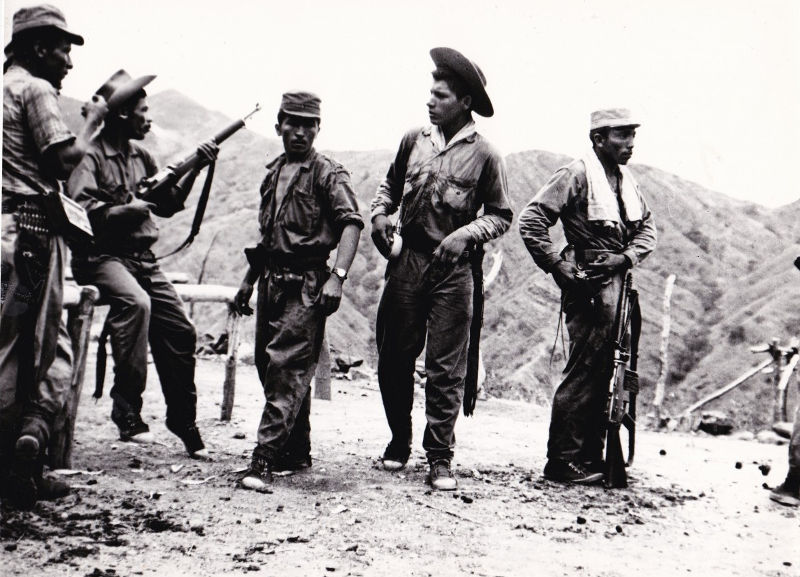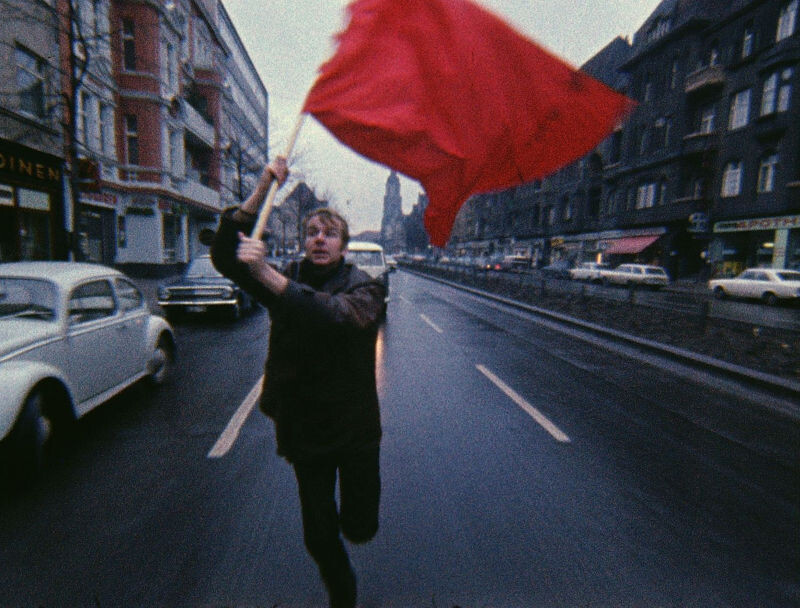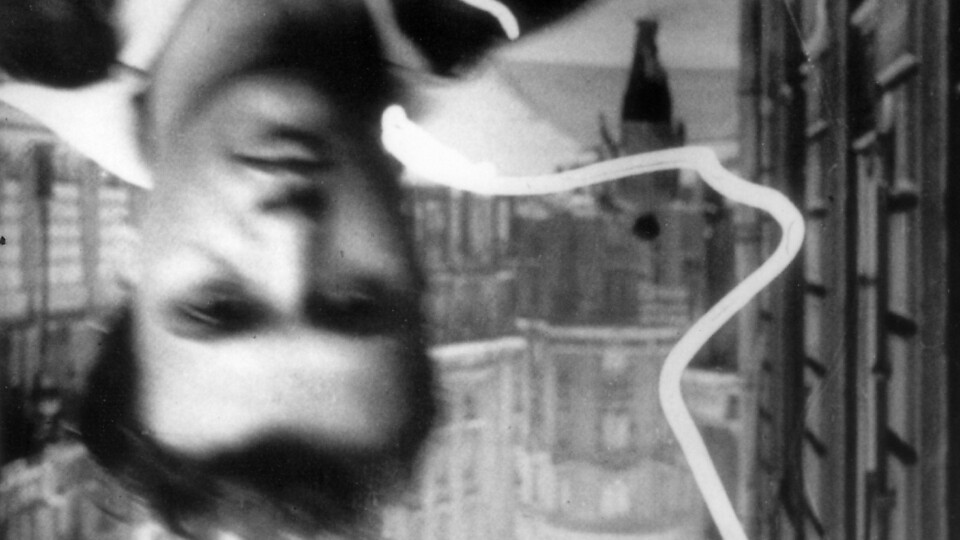Terrorism is Nothing New
This year, Jihlava IDFF features a special section comprised of documentaries pointing to the fact that European media in relation to recent events often tend to ignore their own past. The Director of Jihlava IDFF, Marek Hovorka explained that this section was introduced mainly in response to the tragic events that took place in January at Charlie Hebdo’s headquarters. In her commentary, Katarina Petrtýlová of the Institute of Sociological Studies of Charles University explores what exactly the media ignore and how they feed (or try to mitigate) the omnipresent fear and panic related not only to acts of terrorism but especially to their most-feared source – Islam.
Terrorism has recently been associated with Islam. However, taking a closer look at the issue, we will see that this direct connection is inappropriate. General public also has the misconception that terrorism has been imported to Europe together with Islam. The truth is that the phenomenon of terrorism is as old as our civilisation. It was not until the establishment of modern states that terrorist attacks became a frequent instrument used by dissatisfied groups as the best way of pursuing their goals. In the European context, this situation emerged at the turn of the 19th and 20th century when anarchist groups attacked various targets from Italy to Russia. The second half of the last century saw the activities of ethnic-separatist organisations ETA (Basque separatist terrorist organisation), IRA (Irish Republican Army) and ultra-leftist groups Red Army Faction (RAF) and Red Brigades (Italian leftist terrorist organisation) committing their crimes in western Europe.
Islamist terrorism, sometimes also called jihadist terrorism, has its roots in the 1990. It would take a separate article to discuss to what extent jihadist violence is associated with Islam and to what extent Islam is a peaceful doctrine. What is noteworthy is that Islam, just as any other religion, stems from a certain ideology. And every ideology can be misused.

At first sight, Islamist terrorism does not differ from other terrorist movements that Europe, or any other western world has recently had to face. We could also claim that it has raised the same wave of antipathy as any other violent behaviour. In the case of Islamist terrorism, rather than condemning a particular terrorist group, people are condemning the religion as a whole. For example, activities of the Red Army Faction between the 1970s and 1990s did not lead to the rejection of socialist (communist) ideology and all of the followers by the whole society. A great proportion of the public (mainly young people) sympathised with many of their ideas. Similarly, not even the violent activities of separatist terrorist groups such as ETA and Irish IRA resulted in the rejection of nationalism or separatism as ideologies. Why then is Muslim religion rejected on account of terrorist activities? Is it only a due to the fact that form such a distorted picture of “evil Islam” and the way they inform about it, or does the specific character of Islamist terrorism play a role?
The difference is that in this case, it is religious terrorism. Its followers, unlike other terrorists from ethnic-separatist organisations, have vaguely formulated goals or, in some cases, even no goals whatsoever. Religious terrorists do not care for popularity or acceptance and often even for potential sympathizers. Because they see themselves as an instrument of God’s will. They do not detest the use of weapons of mass destruction against civilians. And the fact that Islamist terrorists do not have clear goals and that they are not selective in their actions was condemned by the majority of the Muslim world and the followers of other religions.


